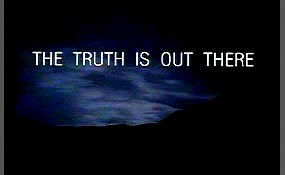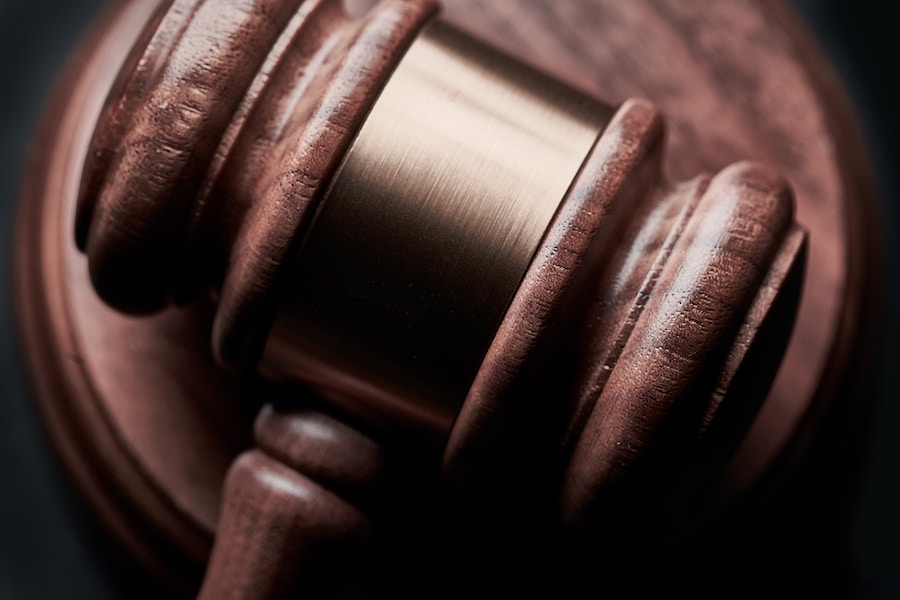Injunctions
It is common in estate litigation for one party to obtain a court order enjoining the other party to either do something, or alternatively be restrained from not doing something.
Typically the injunction may involve the freezing of bank accounts and stock portfolios and other types of investments pending the trial or determination of the matter.
If the injunction is for the time between the application and the trial, then it is an interim injunction.
One party often attempts to obtain an injunction against the other without serving notice on the other.
This is called an ex parte application.
Setting Aside an Interim Order
In British Columbia (Public Trustee of) v. Batiuk, [1996] B.C.J. No. 1646, 14 E.T.R. (2d) 5 (S.C.) [Batiuk], Vickers J., described the well-settled rule that an ex parte application requires the full and frank disclosure of relevant facts.
In the absence of such disclosure, an order may be voided. Citing the decisions in Gulf Islands Navigation Ltd. v. Seafarers’ International Union of North America (Canadian District) et al. (1959), 18 D.L.R. (2d) 625, 28 W.W.R. (N.S.) 517 (B.C.C.A.); and Canadian Pacific Railway v. United Transportation Union, Local 144 et al. (1970), 14 D.L.R. (3d) 497 (S.C.), the Court held: “non-disclosure of relevant material on an ex parte application, even if inadvertent, is sufficient ground for setting aside or dissolving the order” (at para. 11).
The Batiuk Court also held that if an order is to be made ex parte, the applicant must satisfy the court that the matter is urgent: “If it later transpires that it was not a matter of urgency but that impression was left with the court, the order will be set aside: John Doe v. Canadian Broadcasting Corp. (1993), 86 B.C.L.R. (2d) 202 [C.A.]”.
Tests on an Application for an Injunction
Te test to be applied on the application for an ex parte injunction and on an application to set aside that injunction on the merits is that established in Attorney General of British Columbia v. Wale et al., [1987] 2 C.N.L.R. 36 (B.C.C.A.). In that case, at 49 and 50, McLachlin J.A. held:
The traditional test for the granting of an interim injunction in British Columbia is two-pronged.
1. First, the applicant must satisfy the court that there is a fair question to be tried as to the existence of the right which he alleges and a breach thereof, actual or reasonably apprehended.
2. Second, he must establish that the balance of convenience favours the granting of an injunction.
The first step in determining where the balance of convenience lies is to examine the adequacy of damages as a remedy for the respective parties. In most cases, an interlocutory injunction should not be granted unless there is doubt whether damages would be an adequate remedy in the event the applicant succeeds at trial. In other words, it must be shown that the applicant may suffer irreparable harm in the sense that “the remedy by damages is not such a compensation as will in effect, though not in specie, place the parties in the position in which they formerly stood”: … If damages will be an adequate remedy, and if it appears that the alleged offender can pay them, the court is generally not justified in giving one party his remedy to the detriment of the other before the issues have been tried.





